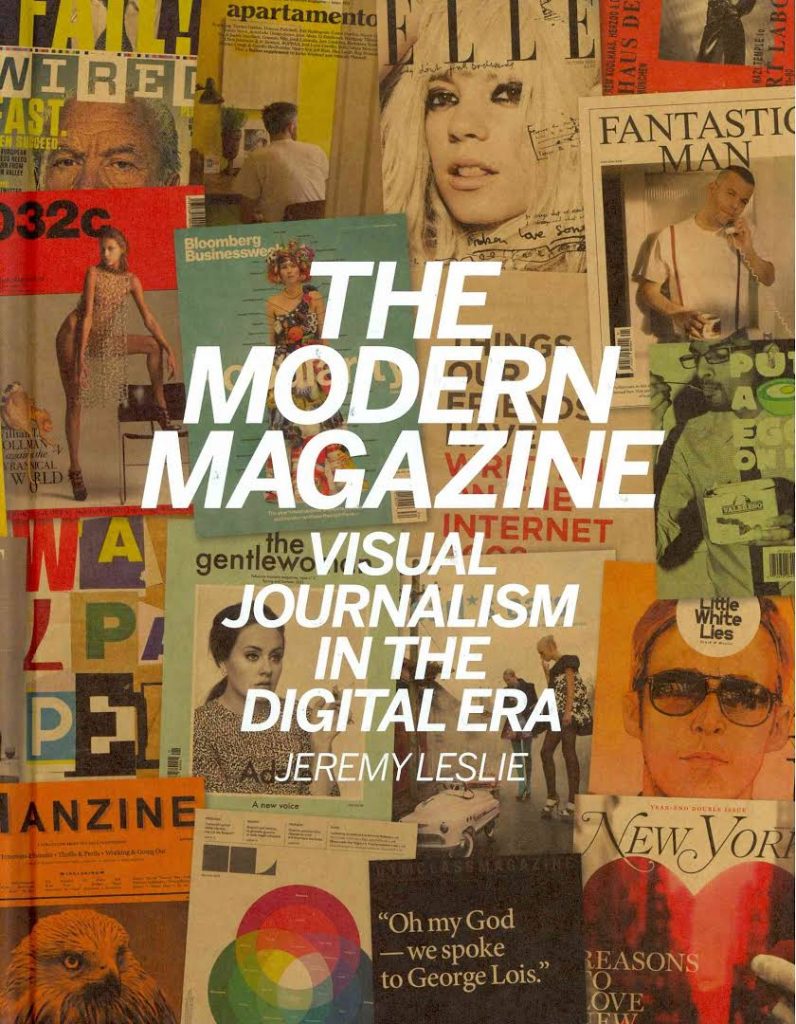 “Magazines have always thrived on technology change, but this was a different type of challenge.”
“Magazines have always thrived on technology change, but this was a different type of challenge.”
Jeremy Leslie knows the magazine industry. As owner and founder of magCulture, he’s witnessed not the death of print as so many have said, but instead “a series of small, new and often niche print titles opening, and thriving.”
Leslie gave a talk to a rapt audience at a recent magCulture event, which was posted on the BBC’s website, explaining why he believes we are currently experiencing “a golden age of magazines.”
He gives a rather lengthy account of the beginning of his obsession with the art of magazines, sharing personal anecdotes and industry history in a compelling narrative. He speaks about the finite nature of magazine media, and how deadline pressures and hard edges prevent the content from being overworked and under-curated, something digital struggles with every day.
He also waxes nostalgic for the “boom age” of magazine media in the ‘80s. Then, he gets down the meat of the matter and how technology impacted the industry.
“And then the Internet happened,” he deadpans; the audience chuckles knowingly.
“Magazines have always thrived on technology change,” Leslie continues, “but this was a different type of challenge.”
For mass market titles, this was a chaotic time to be sure, but Leslie notes there has been an undercurrent of small, independent titles that have leveraged the Internet to find their tribe and voice their art.
At the time, he argued that magazines had a “healthy” future and indies were to an important part of that. “I was wrong,” he states. “Indies are the key to that future.”
It goes back to the classic opposition of quantity over quality; mass market continued to strive for a number of eyeballs, while indies have been focusing on quality – of content, of association, and of readership.
Leslie sees this play out in the magCulture shop in London, which stocks more than 350 niche titles.
“They’re booming,” he states flatly. He points the availability of production and printing technology that levels the playing field; indie publishers have learned to outshine digital by appealing to all the senses in ways that online can’t.
Samir “Mr. Magazine” Husni identified this idea last year in what he termed “the transcended infinite media age.” We see it playing out in brand publishing that is raising the bar and niche magazines finding their tribe. We see it as brands choose quality paper, creative finishes, careful curation and strong editorial and artistic direction. And they are all about using the Internet to find their readers, supporters and fans. magCulture, in fact, sells their titles online and ships anywhere.
Print’s demise? Hardly. For Leslie, this truly is magazine media’s next Golden Age.

January 9, 2017, 10:20 am
January 25, 2017, 9:21 am
January 31, 2017, 7:39 am
January 31, 2017, 8:40 am
February 9, 2017, 7:34 am
February 16, 2017, 10:28 am
February 21, 2017, 7:42 am
November 8, 2020, 10:03 pm